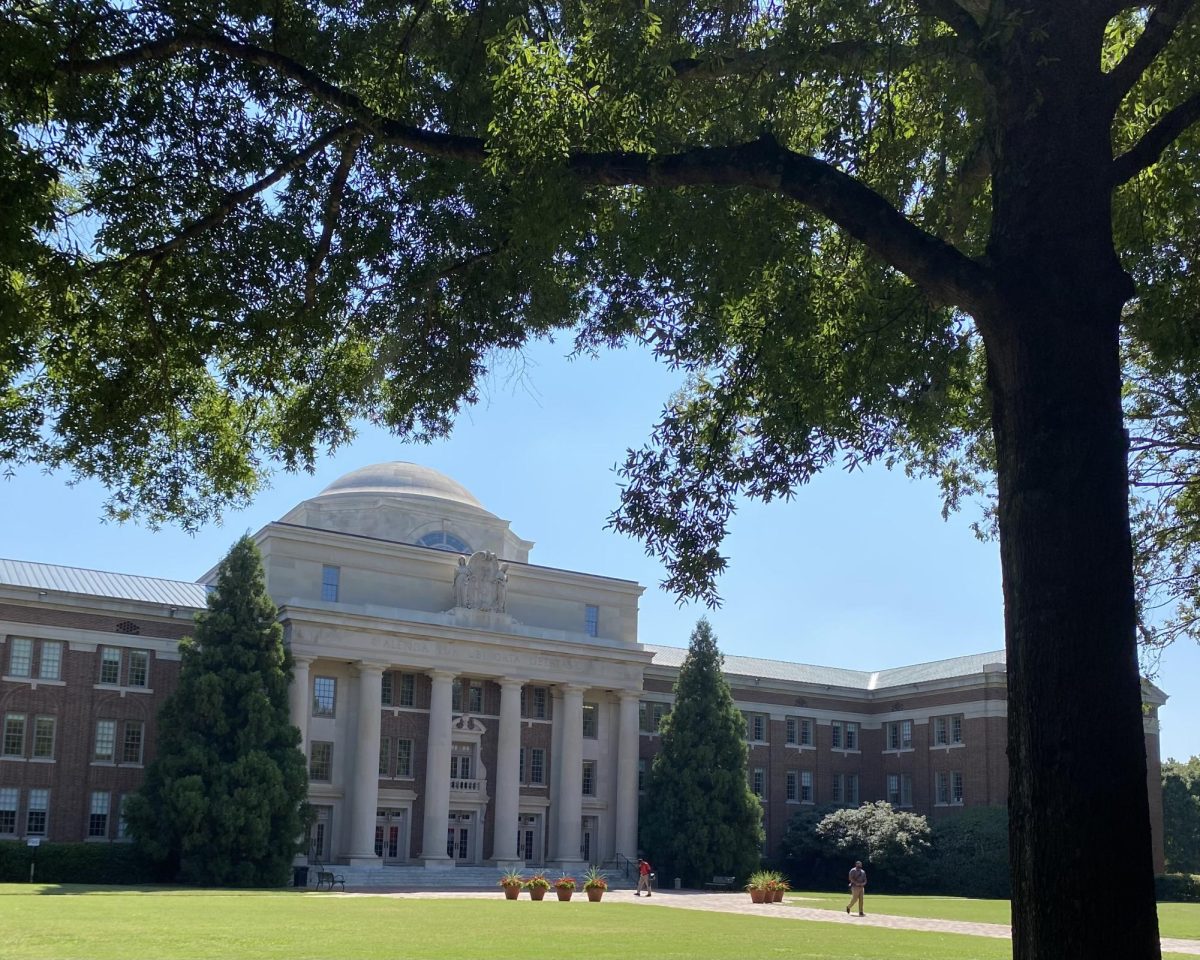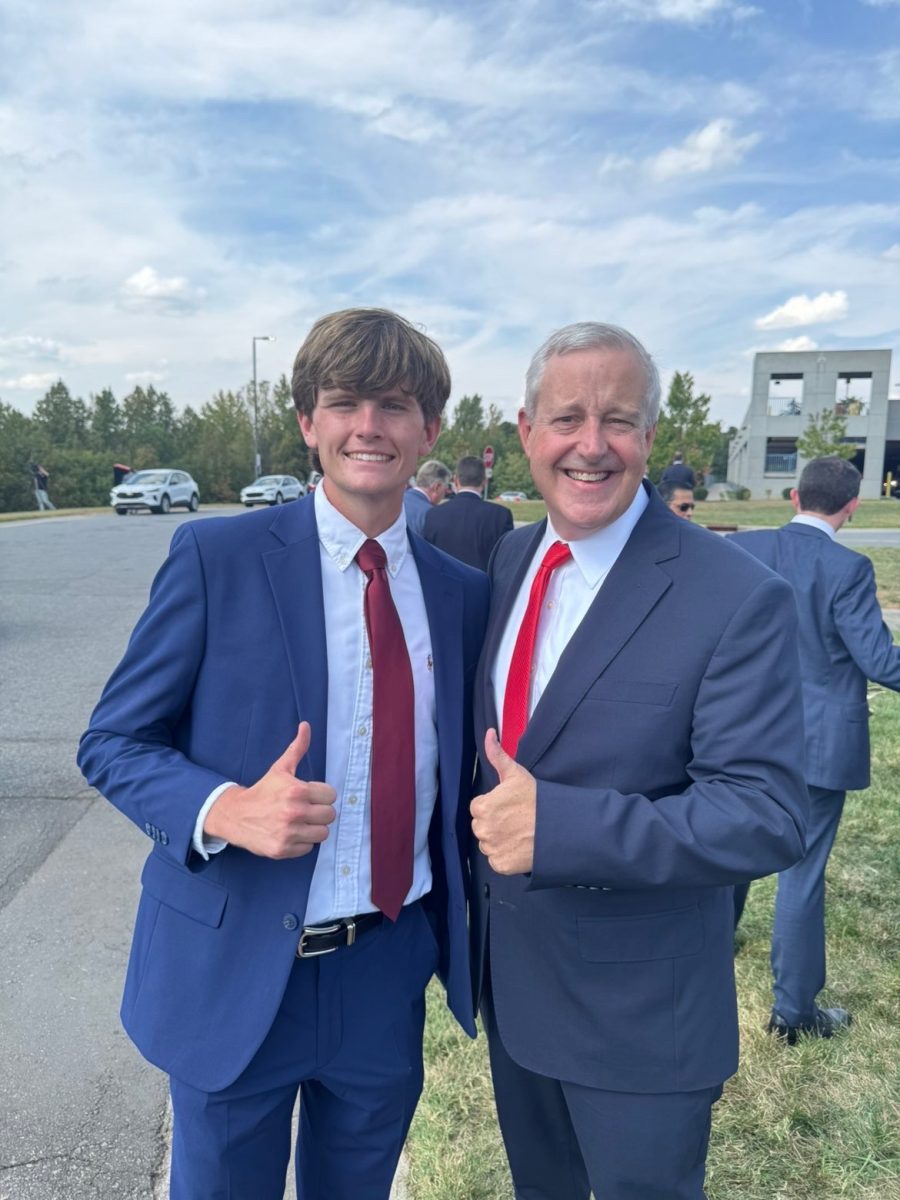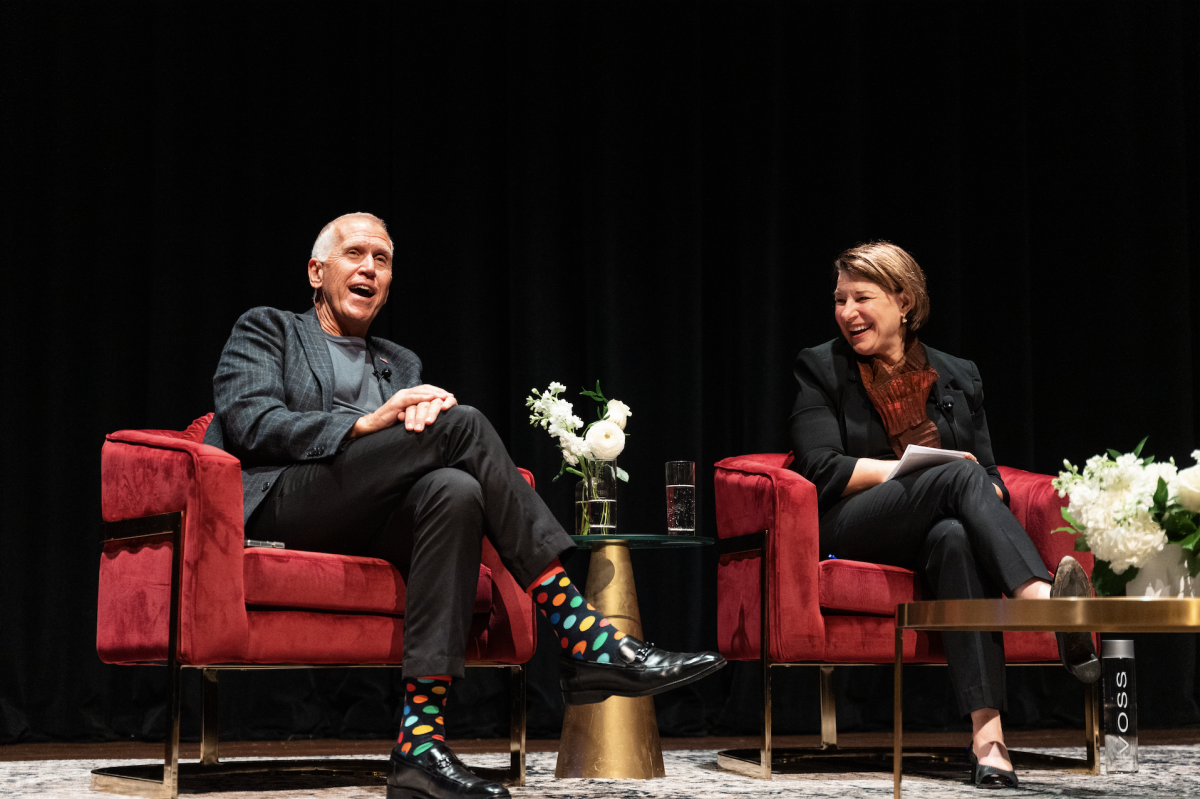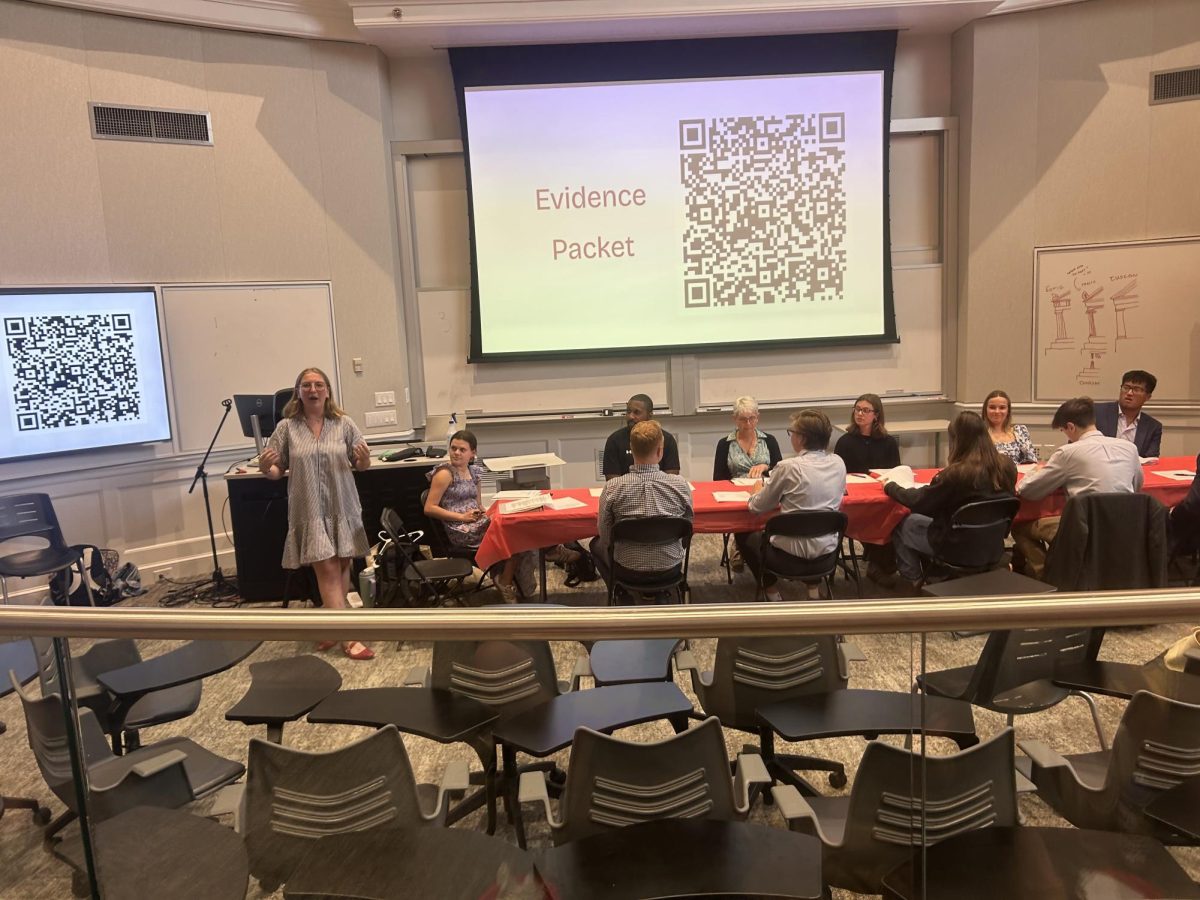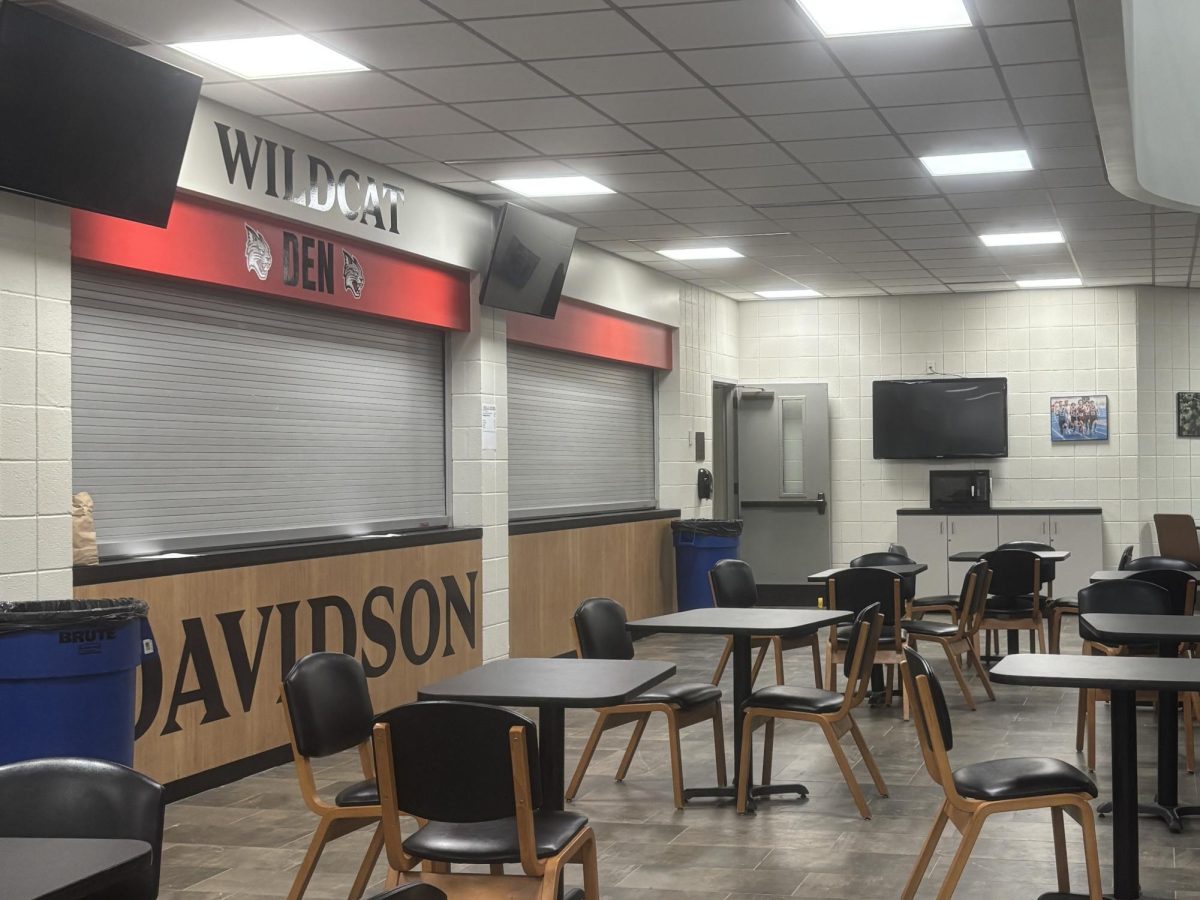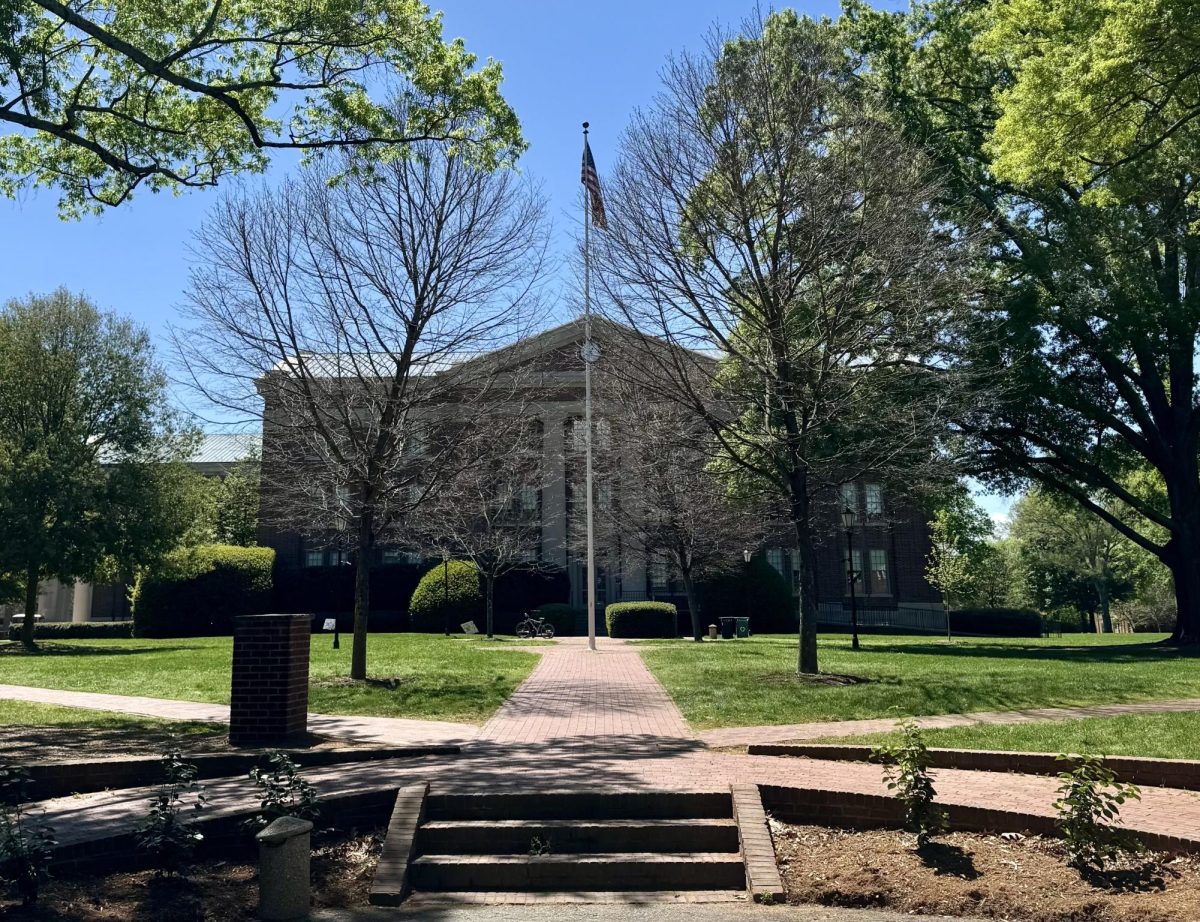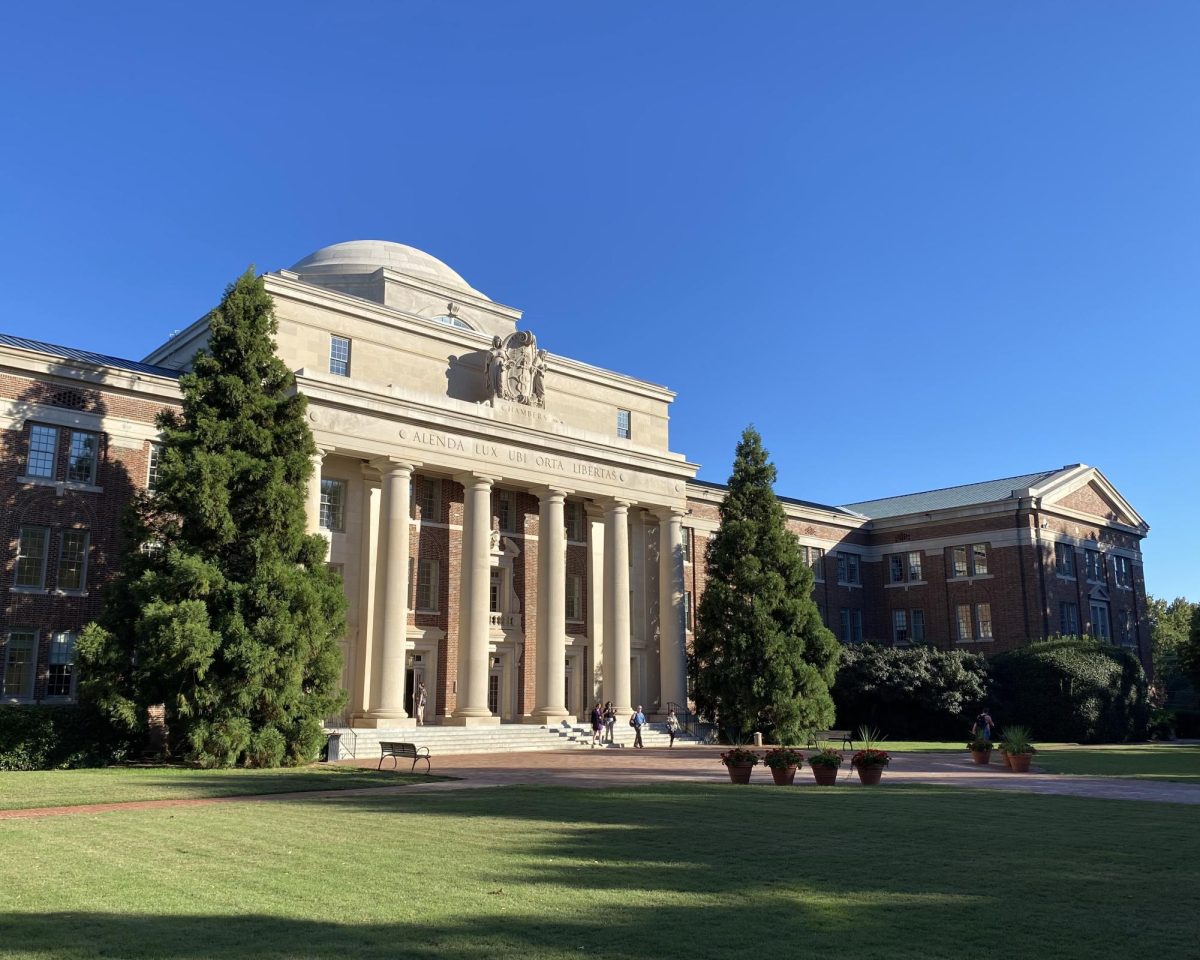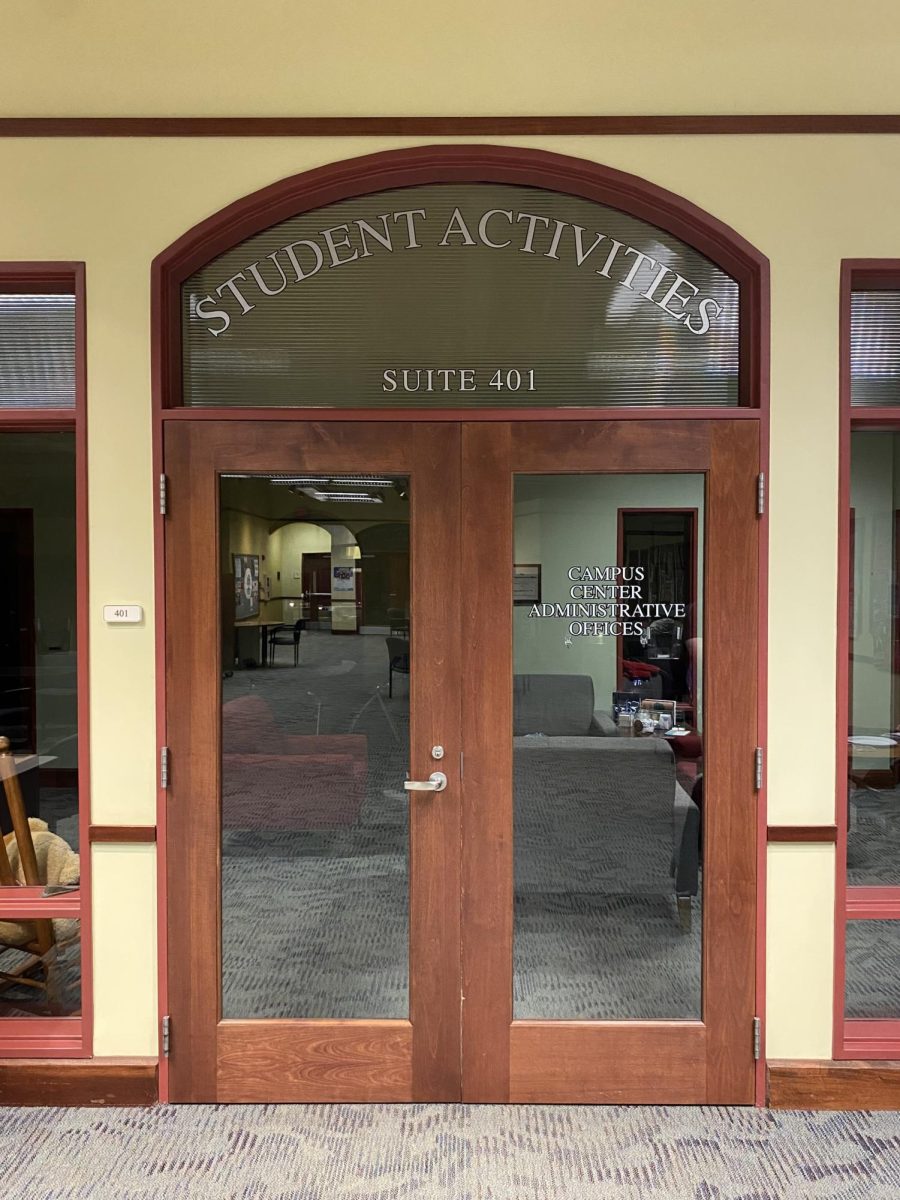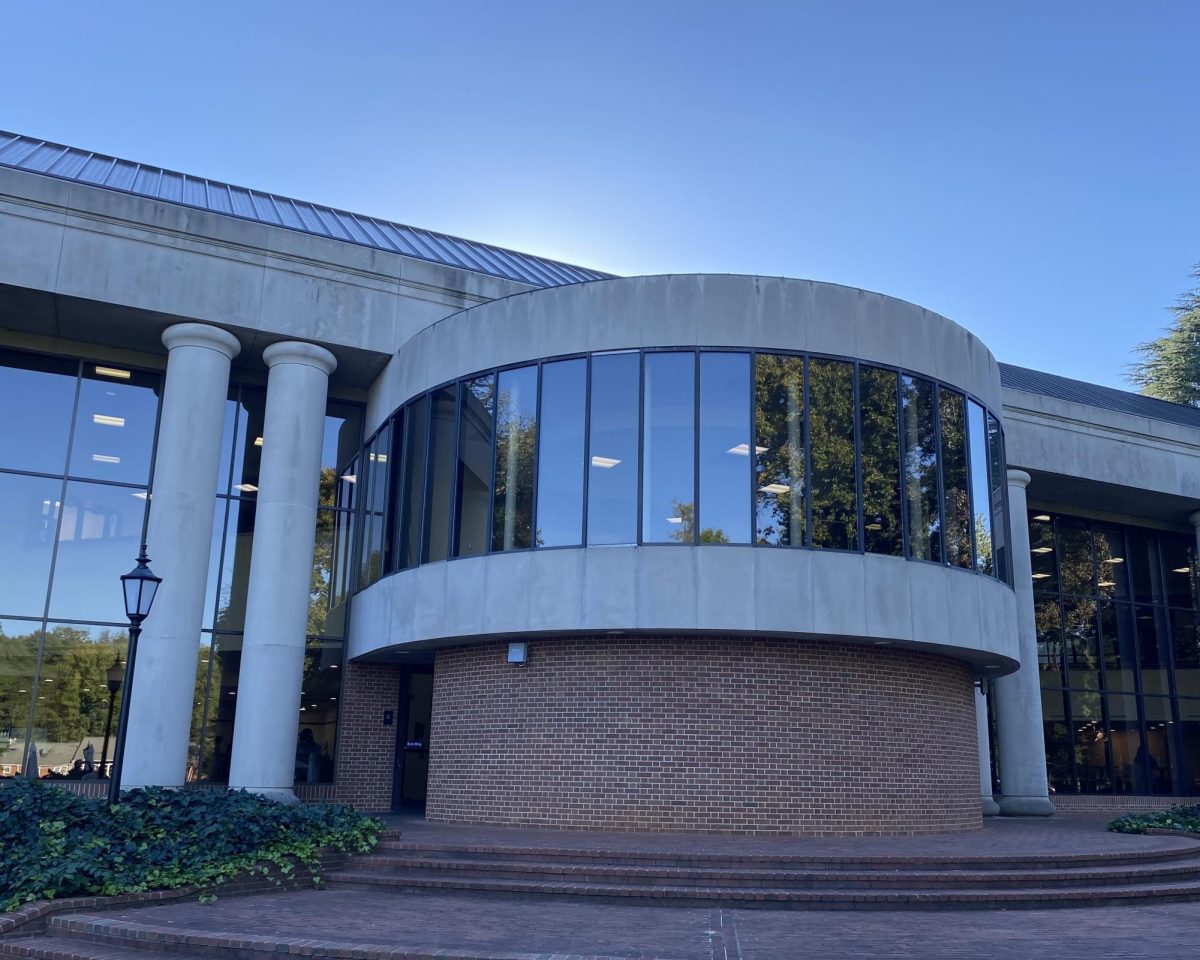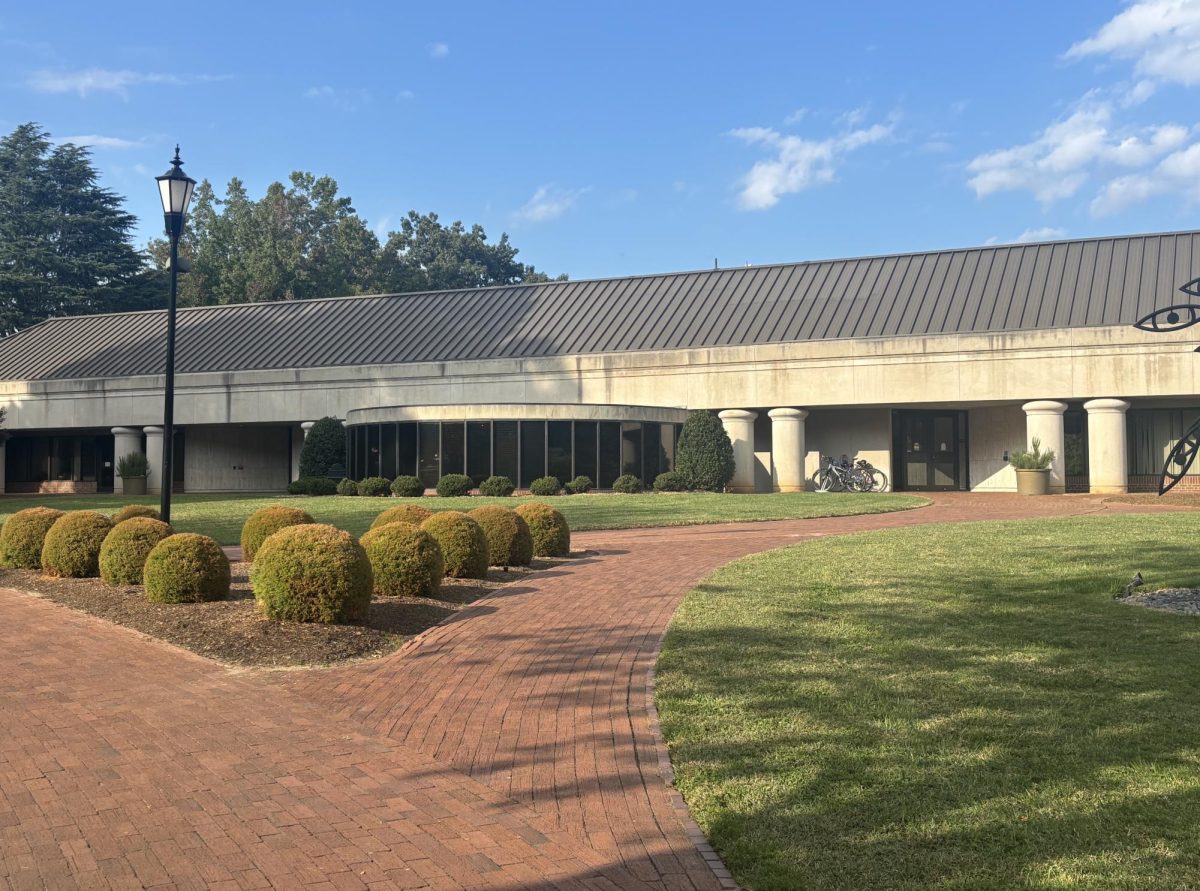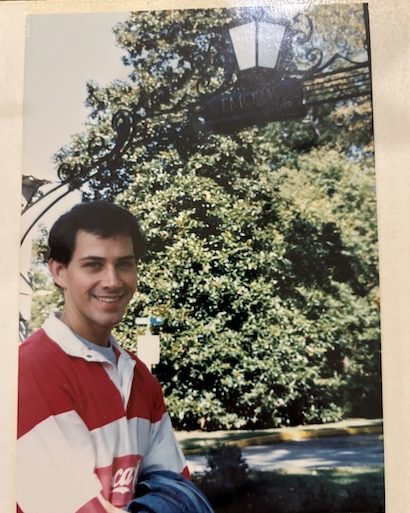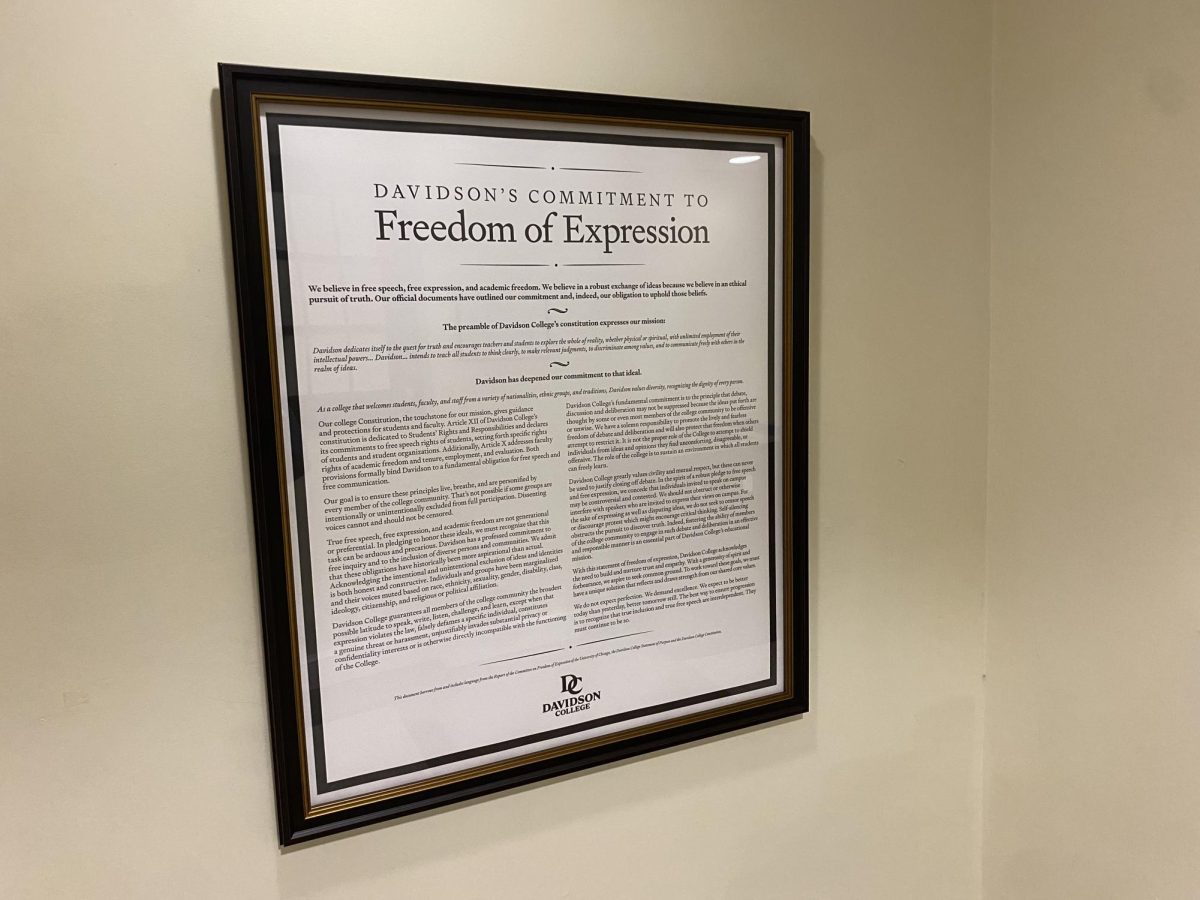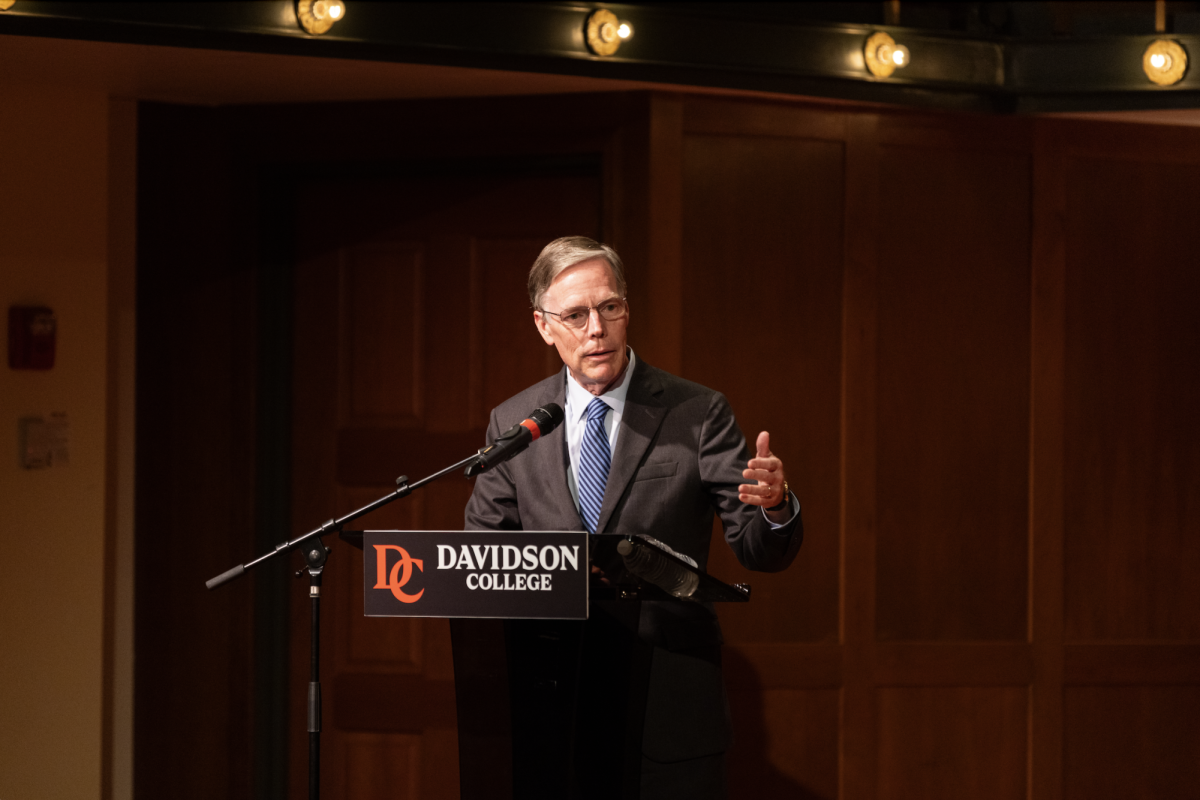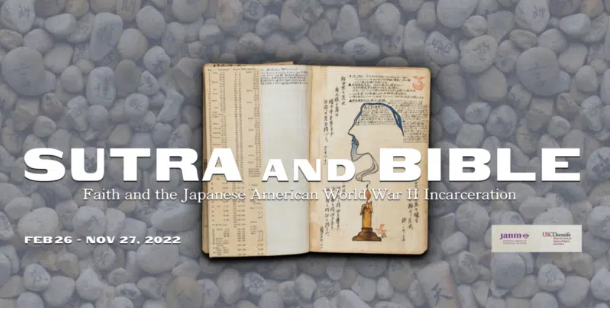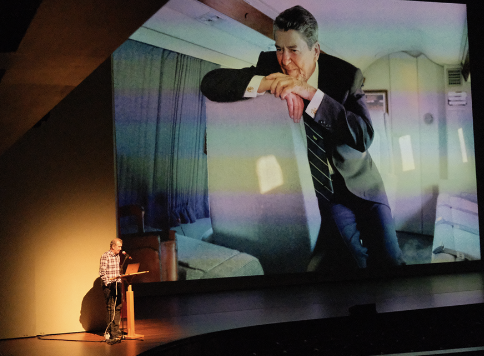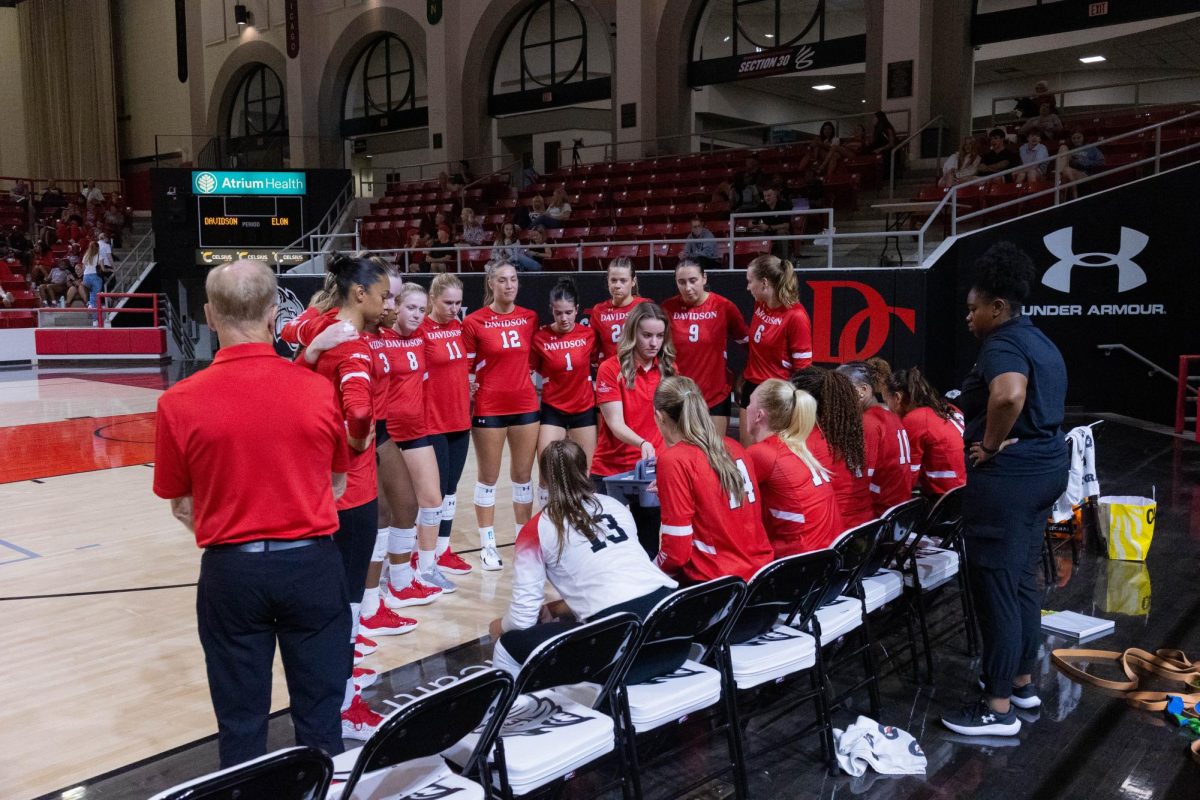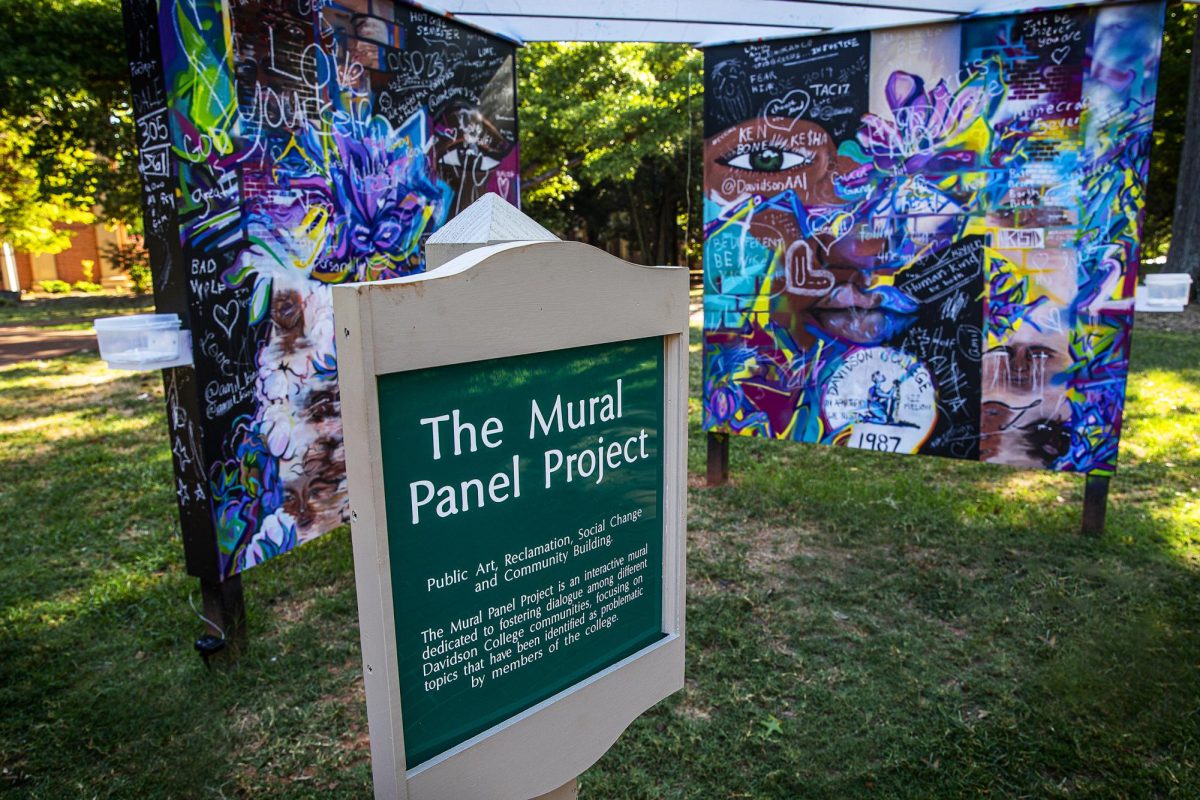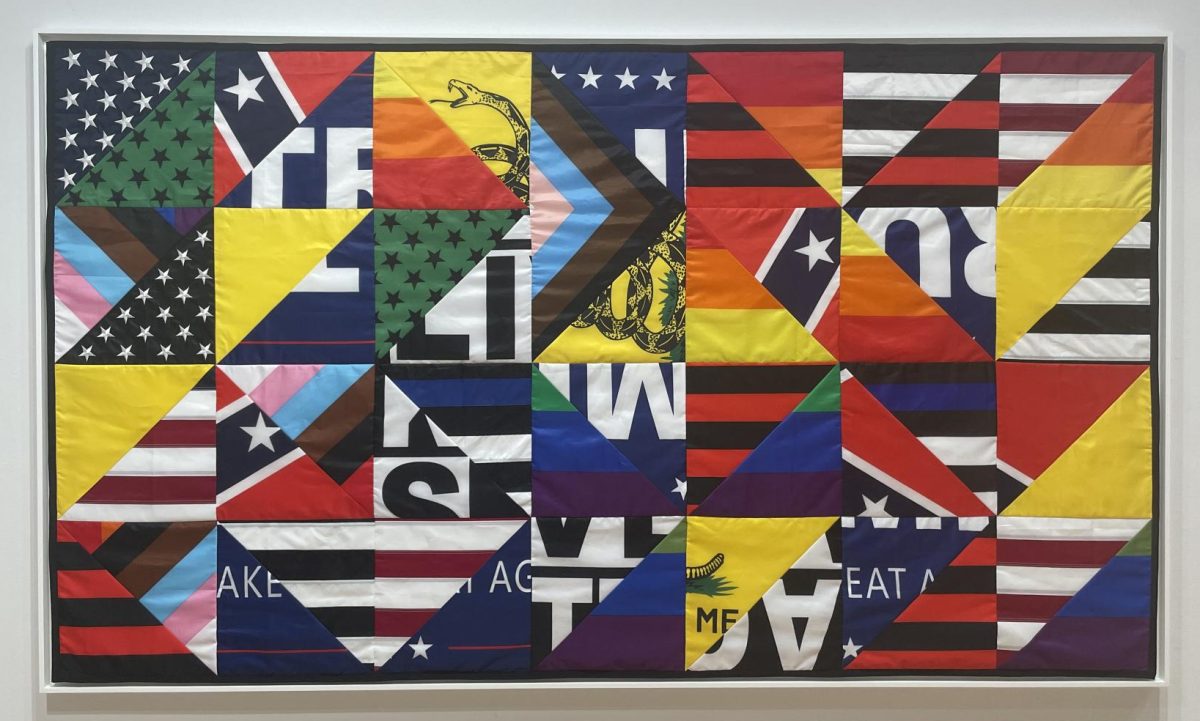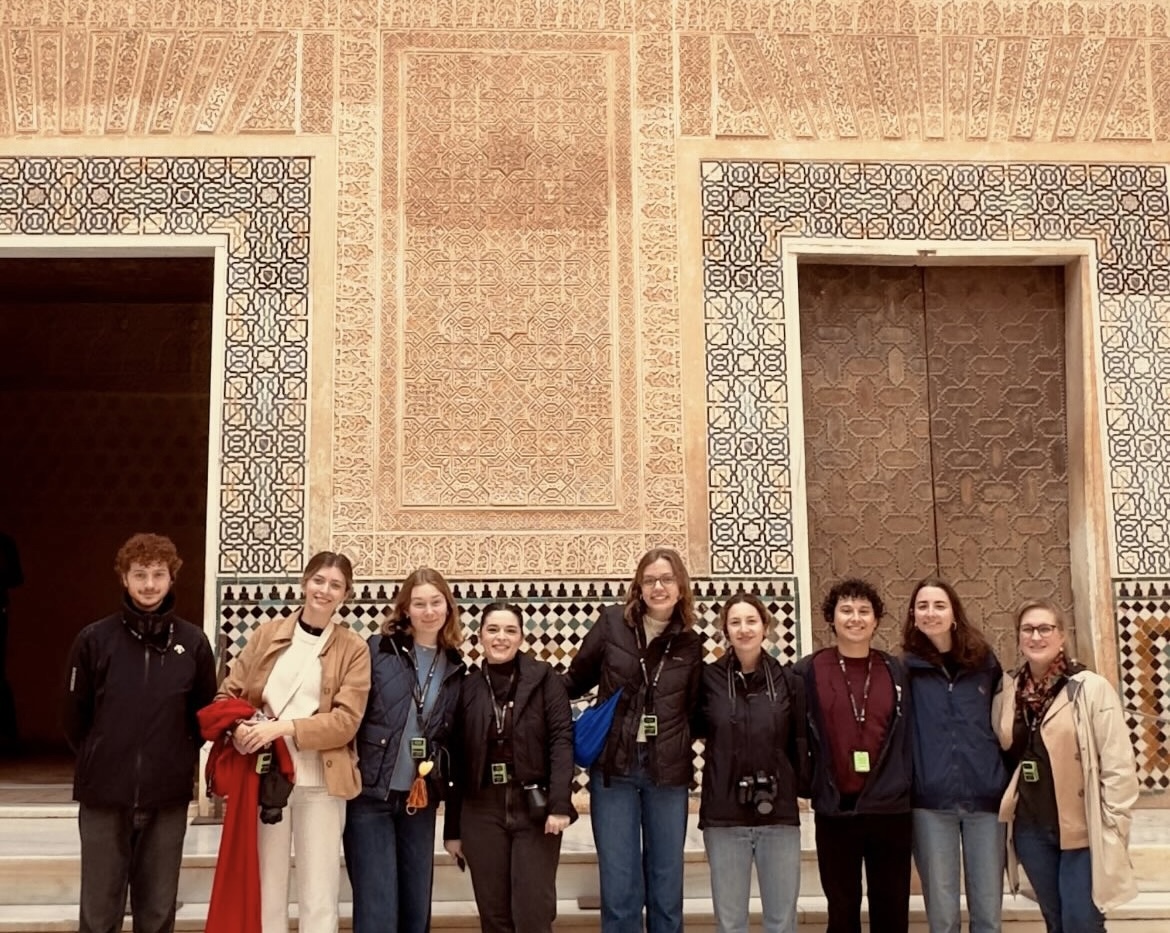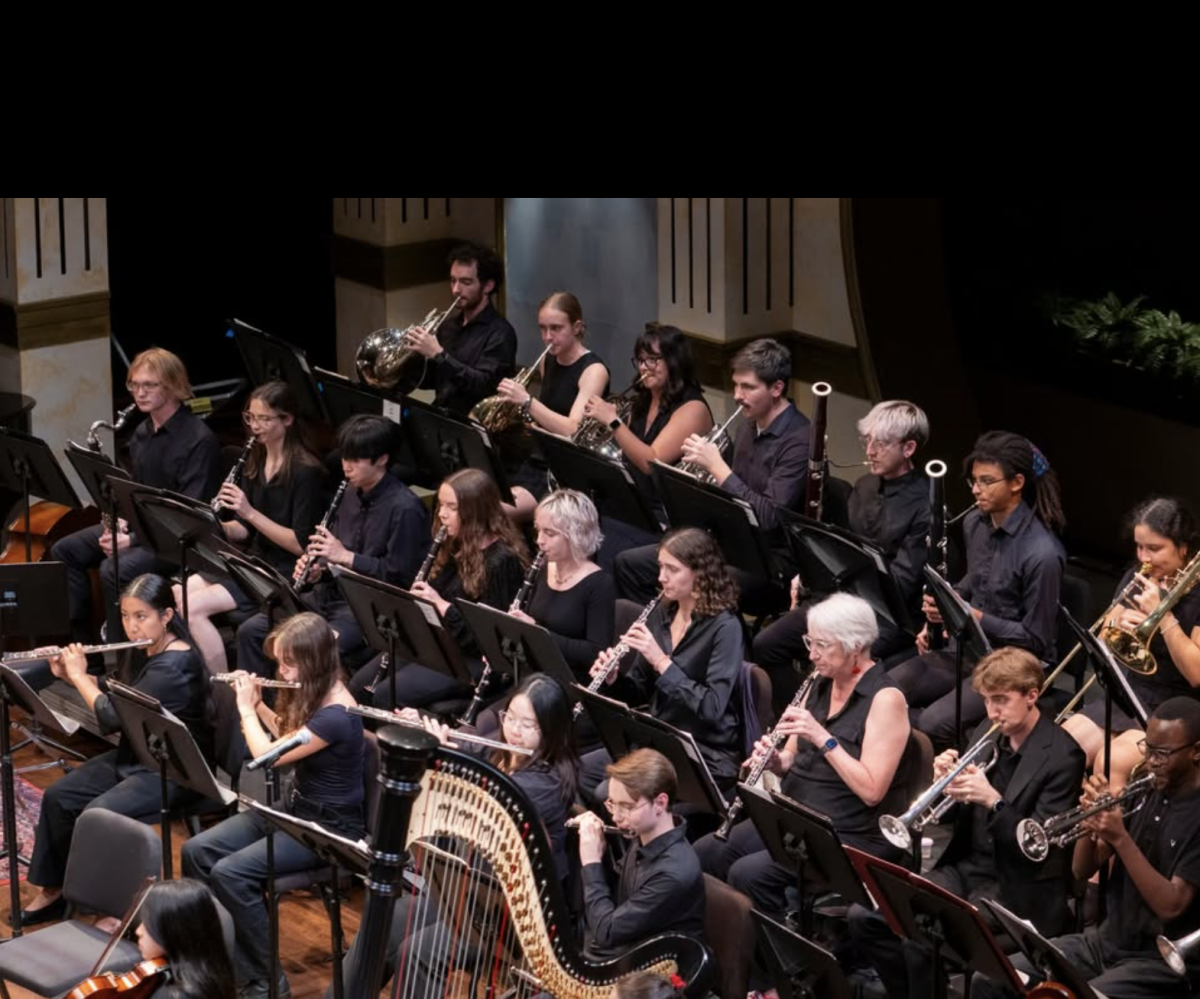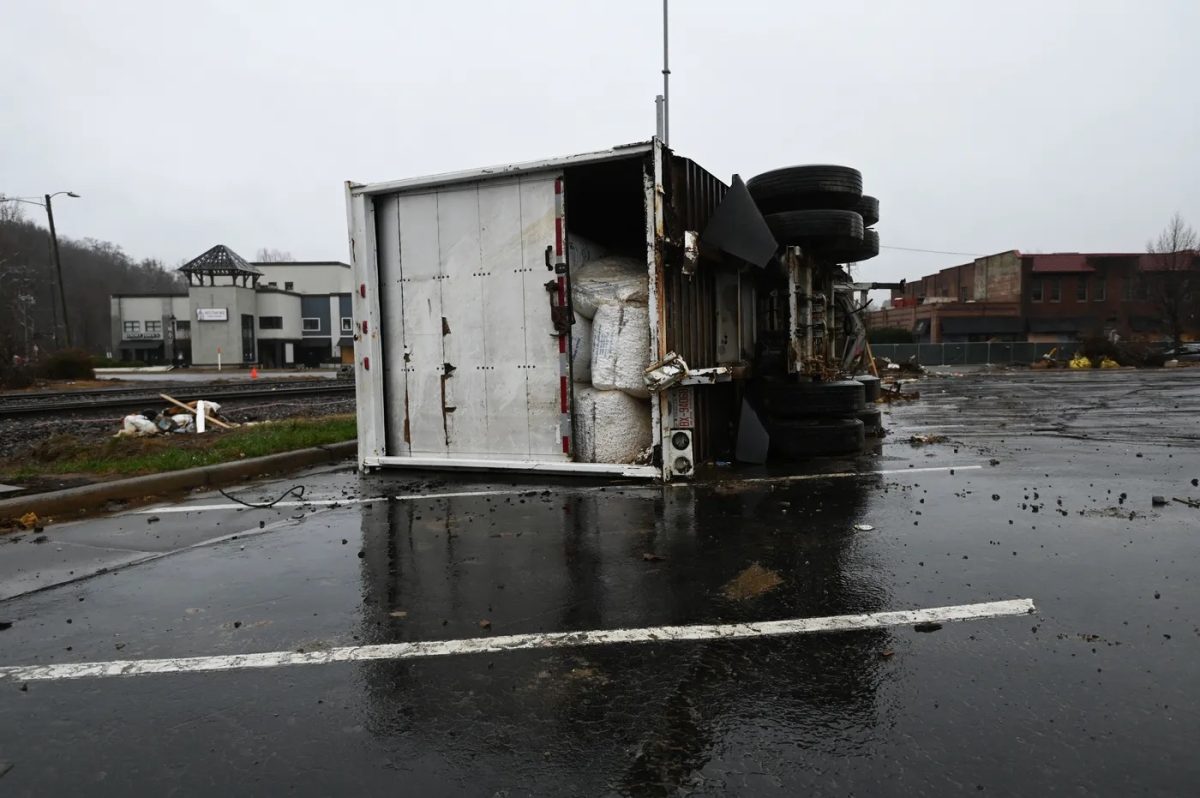This past week in the Oasis, held within the Chaplains’ Office on the fourth floor of the Alvarez College Union, Davidson’s Catholic Campus Ministry (CCM) hosted Father Aaron Huber of St. Mark Catholic Church to discuss “scandal” in the Church. CCM members and other students were encouraged to attend to discuss how religious scandals impact faith and perception of Catholicism.
CCM serves as the primary branch of the Catholic Church on Davidson’s campus. It is open to anyone who wants to grow their faith, both individually and through community. This community aspect is what drives CCM to host its many open discussions. Through both question and answer sessions like this event and other relaxed religious discussions like CCM’s Theology on Tap sessions, religion at Davidson becomes dynamic and open.
For this session in particular, students were able to connect with one another on a topic that CCM members felt was pertinent. To Gabby Valencia ‘25, openly addressing scandal felt like it would invite others to engage with her religion. “We wanted our ‘Scandal in the Church’ discussion to address a common roadblock among our friends and peers when interacting with Catholicism.”
The topic of scandal, and inviting Huber to lead the discussion, was a student-led initiative. Scott Salvato, Davidson’s Catholic chaplain, elaborated on why Father Huber was invited. “Father Huber knows the Catholic Davidson students well, and has earned their trust and admiration over a few years. They requested he come and […] discuss the topic of scandal.” By engaging with difficult topics, CCM is attempting to foster a culture of transparency and reflection, encouraging students to confront uncomfortable truths while deepening their spiritual understanding. CCM’s functions are suggested and based on the needs of those involved, and this allows students to feel comfortable sharing their own opinions and ideas.
This discussion, like many others, was open to students not involved with CCM, encouraging those who may be looking to explore their faith or spirituality to join the conversation.
Halle Carns ‘27, a recent convert to Catholicism and active CCM member, once experienced this outside perspective. For her, scandal felt very intertwined with her previous misconceptions about the Church, as others’ judgments of Catholicism may have led her to turn away from the religion. “Before I converted, I had the idea that the Church was full of secrets, confusion and contradiction. I learned through intentional conversations and studying over multiple years that this was not the case,” she said.
While many consider the word “scandal” to embody a very public and controversial spectacle, the word has a different meaning in the Catholic Church and CCM’s discussion. The talk highlighted that in the Church, scandal is defined as anything one may purposefully do or say that can lead someone else to sin. This emphasizes one’s responsibility to prevent others from wrongdoing as well as oneself. “[Scandal is] one of the worst things a person can do because they not only do wrong themselves, but they also cause other people to turn away from God and what is good,” Salvato said.
Despite many well-known scandals in the Catholic hurch that have been revealed in the past decade, the conversation did not lean heavily into these topics, but rather focused on how scandal can impact faith.
“Relating [mortal sin] back to scandal and why it happens was the most interesting [part],” Carns said. CCM defined mortal sin as a specific type of sin that, if unrepented, can eternally cut one off from a connection to God. There are three components of mortal sin: the action is serious, the person committing the sin knows what they are doing and that they consent to the action itself. Scandal can easily fall into this category, as it can follow all three conditions for mortal sin.
This discussion resonated with several CCM attendees. One major point of the event was the notion of framing scandals as an antagonist to Catholicism rather than as a part of it. For Valencia, this event allowed her to comprehensively understand how scandal can alienate both churchgoers and outsiders. “Father Huber laid great groundwork for understanding how scandal works within the Church, which we were able to map onto why scandal and poor judgments by authority figures can be so harmful to both [Catholic people and] people proximate to the Catholic faith,” Valencia said.
Discussions of scandal carry weight both in and out of religious spheres. As Valencia stated, “It’s important for people of faith to question and explore their own beliefs because they’re carrying those understandings into the world and bearing their influence.”
By the end of the event, many attendees felt that the discussion created a non-judgemental and friendly space for students to openly discuss hard topics. “I don’t think anybody feared asking questions, and everyone was uplifting and open-minded […] the good-natured atmosphere made all the difference for me,” Carns said.

